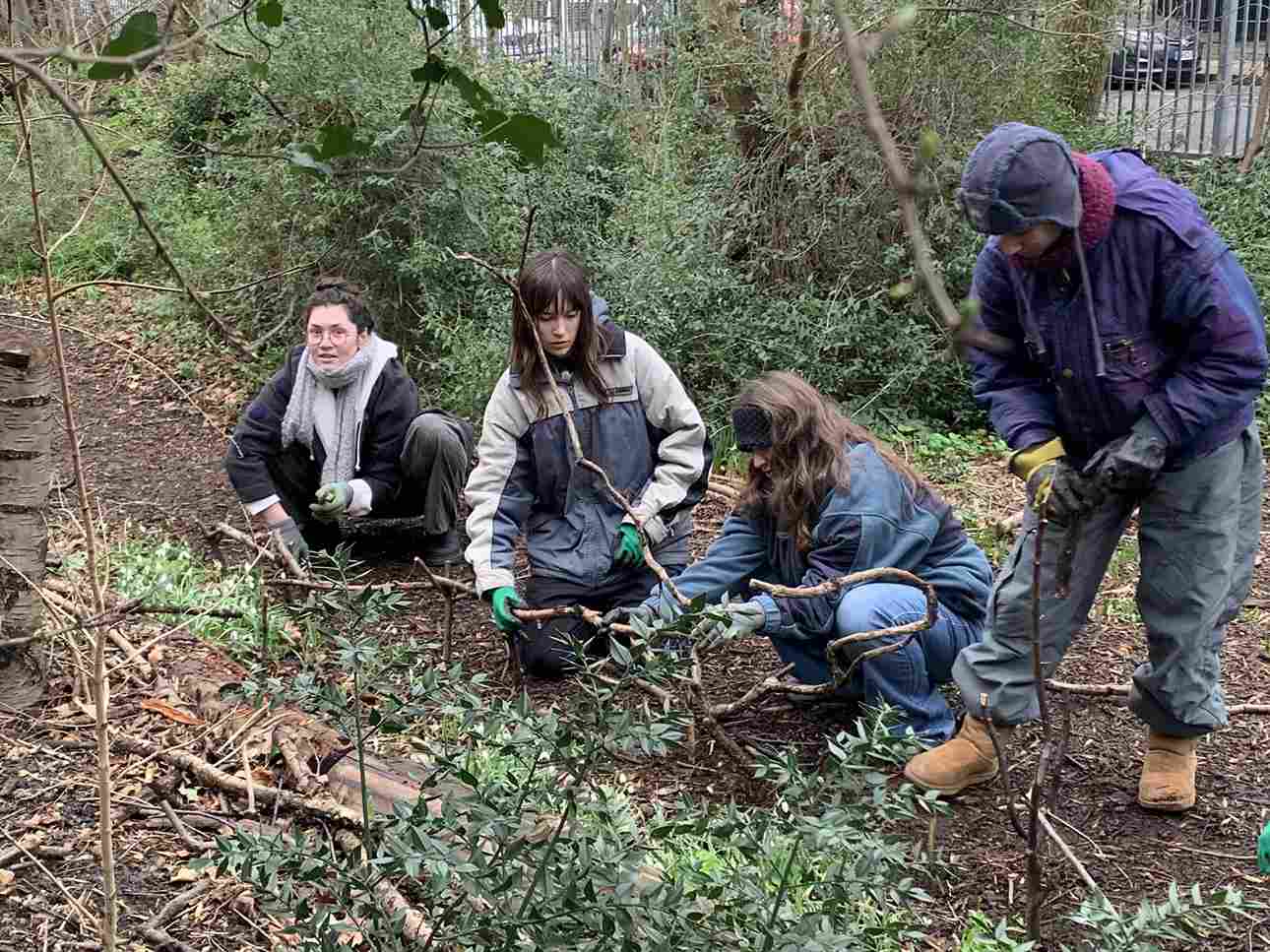
Employment and our Relationship with the Law

Summary
It has been well established that there is a deficit in legal knowledge across the UK population and it is equally known that young people suffer the consequences of this especially. Young people are more vulnerable to exploitation in employment settings and less likely to access proper redress for the injustices they experience. In my project, I investigate what young peoples’ feelings can reveal about their experiences with the law in hope to identify the role of other key actors in legal challenges - namely power dynamics and inequality. I explore experience, emotion, and attitudes, aiming to ultimately understand how system change could better equip young people to be able to manage the legal challenges they face in early adulthood.
Approach and Methodology
The topic of my project emerged quite naturally from conversations I was having with young people around me. I had experienced several issues with a previous employer and eventually took legal action. It was a difficult process and ultimately unsuccessful. At the same time, I watched others go through similar problems and voice similar attitudes. This first and second-hand experience revealed to me that there was a clear problem in the way that the system fails to protect young people from experiencing employment issues and accessing justice when they do.
Initially, I assumed the cause was a lack of legal education failing to inform young people of their rights. Initial research quickly revealed that this was not the case, and through initiatives such as Public Legal Education, there was ongoing work to resolve this knowledge gap. However, it was clear that certain problems were specific to young people’s experiences and this needed addressed.
For this reason, I began to ideate what other actors could be influencing these experiences. Instead of simply speculating, I designed research questions derived from the emotions that young people experience in the face of these challenges. It is hoped that their answers could illuminate what was causing these emotions and driving the patterns of failed legal actions that we were seeing.
Proposal/Outcome
My initial reading revealed that for over a decade it has been shown that the UK population lack a proficient level of legal capability. However, recognising that the human experience is not determined by knowledge alone, and social identities shape experiences differently, I decided to explore what young people’s feelings in the face of employment contracts tell us about their relationship with the law.
I designed surveys to generate quantitative data. I tested participants ability to navigate a standard employment contract, gathered insight into their confidence and used Likert scales to measure their emotional response in the face of such a scenario. Additionally, I conducted interviews to understand young people’s lived experiences with the law. These conversations led to meaningful insight into the types of challenges young people face, their feelings at this time, the presence of power dynamics and inequalities, and their overall attitude towards the justice system.
From my quantitative data, I was able to analyse and understand correlations between a high number of variables that affect young people’s experiences namely, education, confidence, knowledge, ability, and attitudes. From my qualitative data, I assessed common themes of young people’s experience and through thematic analysis was able to make some conclusions about what this says for how we can better equip young people to manage these difficulties in the future.
My law DP took a central role in this project. It was interesting to explore how young people thought about the law and thus about their role in wider society. There was a common conflict of moral rights versus legal rights and an interesting debate around rights and responsibilities.
Beyond Outcomes
My key takeaway is that the current system does not support young people in knowing or upholding their employment rights. I have a good understanding of where the problems stem from and I’m excited for more ideating about how we can make structural changes to improve young peoples experience of the law.
Want to learn more about this project?


Overall LIS Journey
About me

I am very interested in the human experience, from the physical self and our interaction with the environment, to systemic structures and our behaviour within them. I am constantly fascinated by language; its influence on culture and psyche as well its power in media and literature. My interests are almost unlimited, perhaps to a fault, but it allows me to be constantly curious about creative and holsitic ways we can make structural social change.
.svg)
Other Related Projects
Back to the repository


- A Pilot Based on Heathrow's Sustainability Goals







